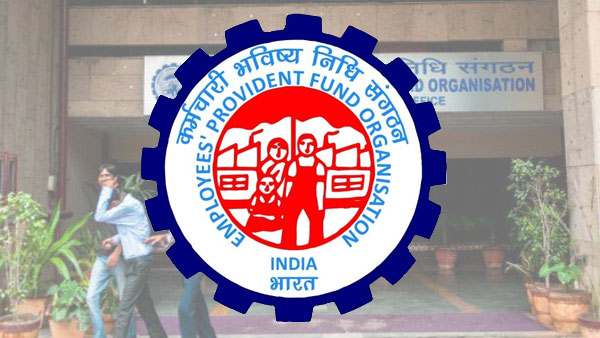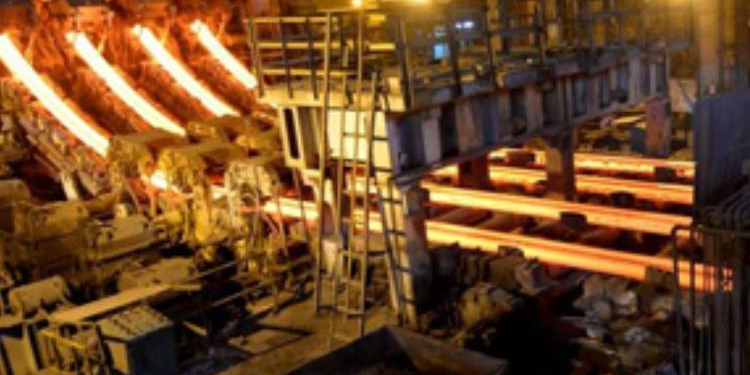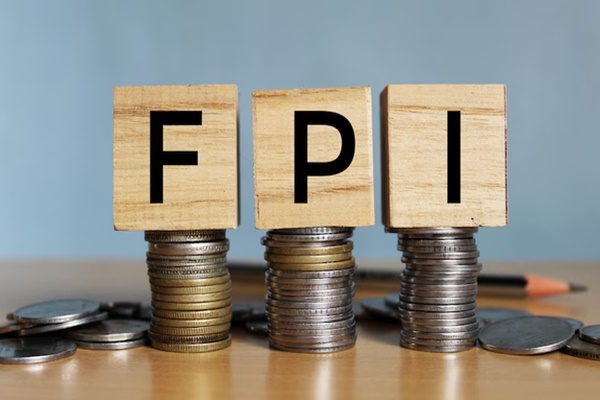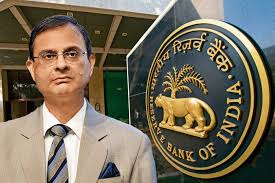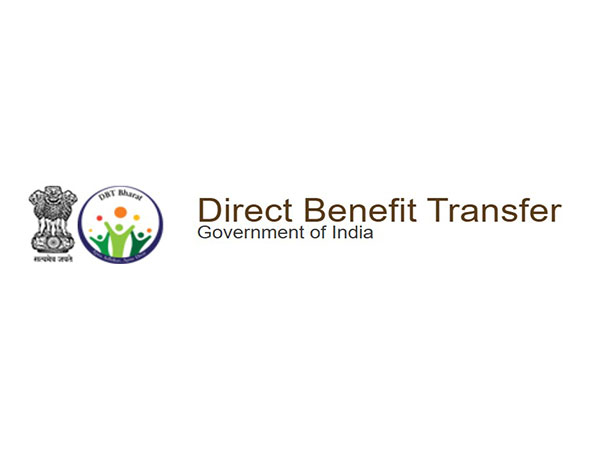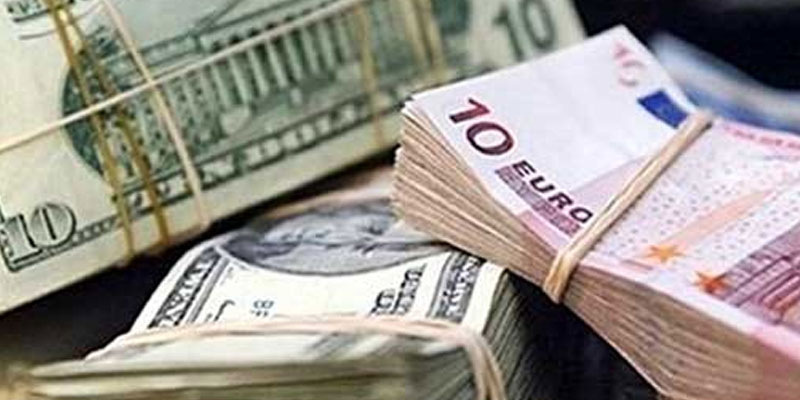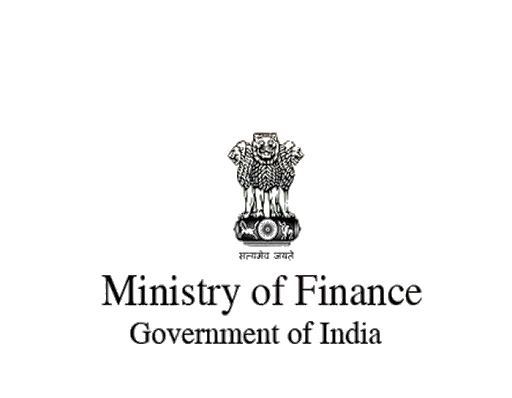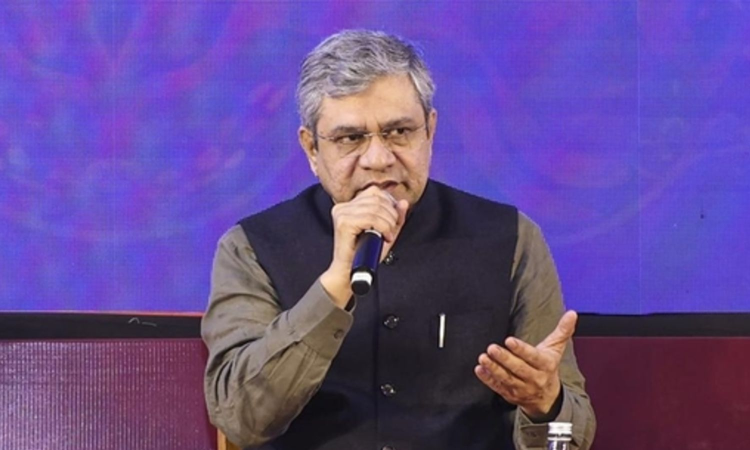Reserve Bank of India decides to keep repo rate unchanged at 6.5 pc
Thu 06 Apr 2023, 11:05:21
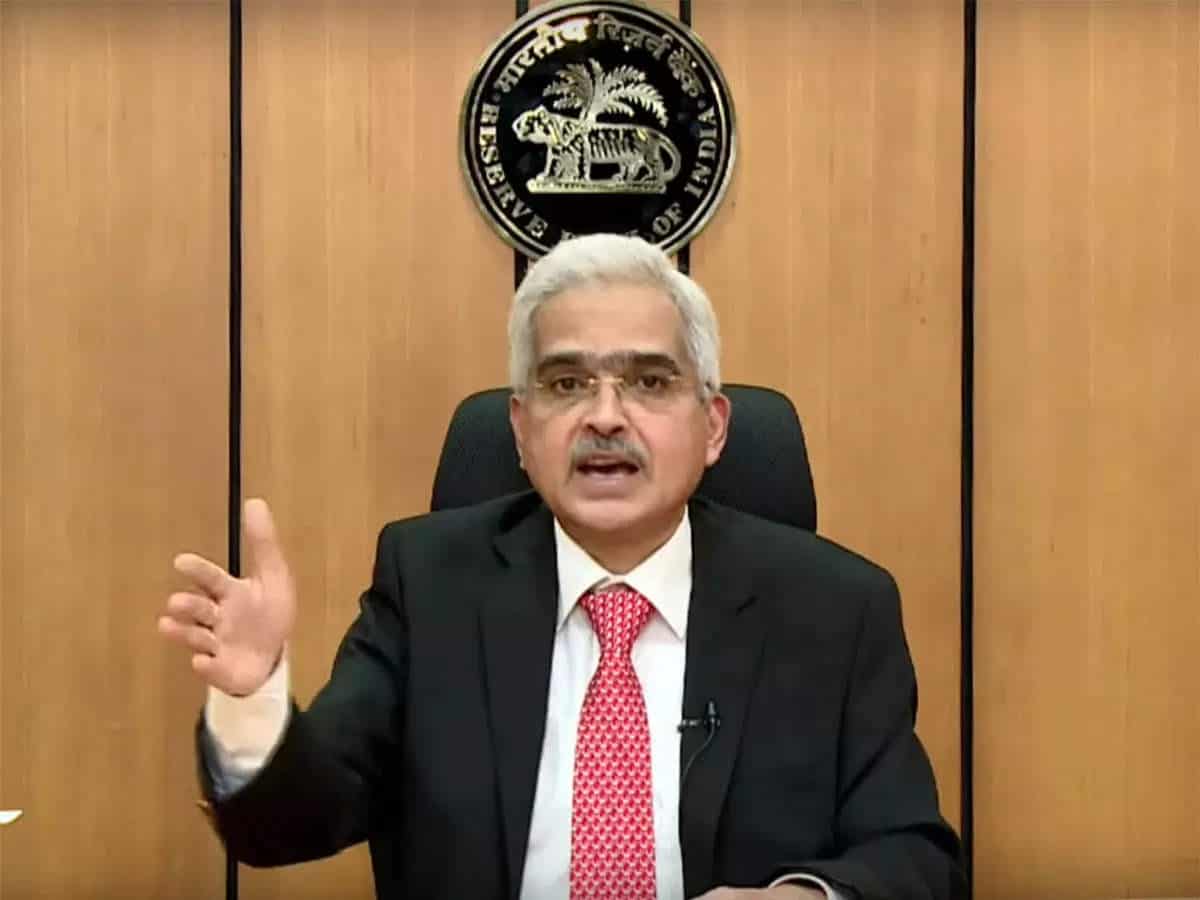
New Delhi: The Reserve Bank of India has decided to keep the key benchmark interest rate – repo rate – unchanged at 6.5 per cent with readiness to act should the situation so warrant, Governor Shaktikanta Das announced on Thursday, after a two-day monetary policy (MPC) meeting.
Five out of six members of MPC voted to remain focused on the withdrawal of accommodation to ensure inflation aligns with target while focusing on growth, RBI Governor Shaktikanta Das said on Thursday. The Monetary Policy Committee of the central bank decided to take a pause after a rate hike seen in previous six consecutive policies.
Accordingly, RBI has decided that the standing deposit facility (SDF) will remain unchanged at 6.25 per cent and the marginal standing facility (MSF) and bank rates unchanged at 6.75 per cent.
Shaktikanta Das-headed Monetary Policy Committee (MPC) conducted its three-day meeting on April 3, April 5 and April 6 amid the rate hiking spree that started in May last year to check inflation.
At the last MPC meeting of the RBI in early February, it decided to raise the repo rate by 25 basis points to 6.5 per cent to manage inflation. So far, RBI raised the repo rate, the rate at which it lends to banks, by 250 basis points cumulatively since May 2022.
Raising interest rates is a monetary policy instrument that typically helps suppress demand in the economy, thereby helping the inflation rate decline.
Inflation had been staying above the RBI’s tolerance limit of 6 per cent for two consecutive months since January. In February, India’s retail inflation stood at 6.44 per cent, while in January, it
was at 6.52 per cent.
was at 6.52 per cent.
Core inflation — non-food, non-fuel component — continued to remain above 6 per cent mark for the fourth consecutive month, prompting expectations of another rate hike of 25 basis points by the RBI in its upcoming policy review in April.
The central bank conducts six bi-monthly reviews of its monetary policy in a year. And, there are out-of-cycle reviews in which the central bank conducts additional meetings in times of emergency. Today was the first announcement of RBI’s first bi-monthly monetary policy of FY24.
RBI tries to control inflation in the economy by increasing the repo rate. By doing this, it makes borrowing a costly affair for businesses and industries and this in turn slows down investment and money supply in the market. It eventually and negatively impacts the growth of the economy, which helps in controlling inflation.
Apex industry chamber ASSOCHAM in a statement had urged the central bank’s Monetary Policy Committee (MPC) for a halt to more hikes with the lending rates amid uncertainties in the global business environment.
“There are suggestions in some quarters about another 25 bps (basis points) increase in the repo rate by the RBI Monetary Policy Committee, we feel the economy has reached a saturation point beyond which it may be difficult to absorb any more rate hikes,” ASSOCHAM President Ajay Singh said.
“Rate sensitive sectors like real estate including residential complexes, passenger cars, commercial vehicles may see the negative impact of the rate hike,” said the new president.
No Comments For This Post, Be first to write a Comment.
Most viewed from Business
AIMIM News
Latest Urdu News
Most Viewed
May 26, 2020
Do you think Canada-India relations will improve under New PM Mark Carney?
Latest Videos View All
Like Us
Home
About Us
Advertise With Us
All Polls
Epaper Archives
Privacy Policy
Contact Us
Download Etemaad App
© 2025 Etemaad Daily News, All Rights Reserved.



